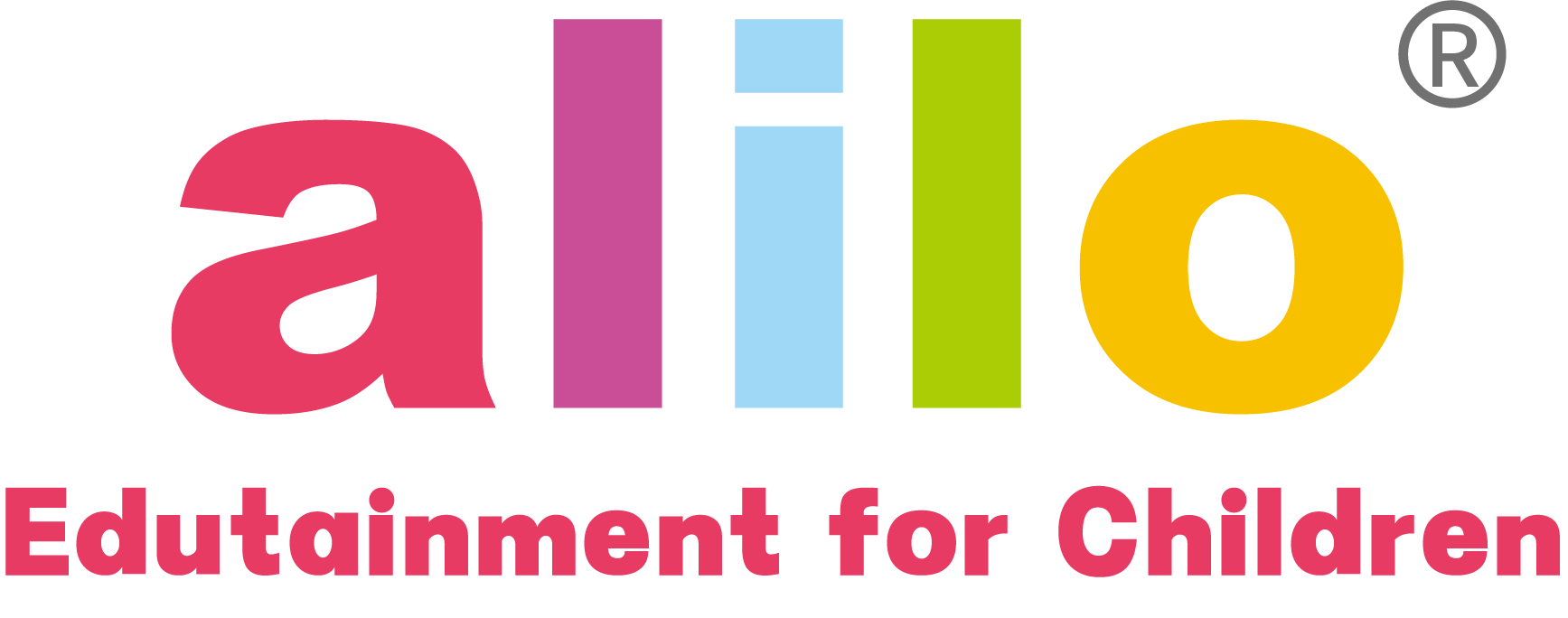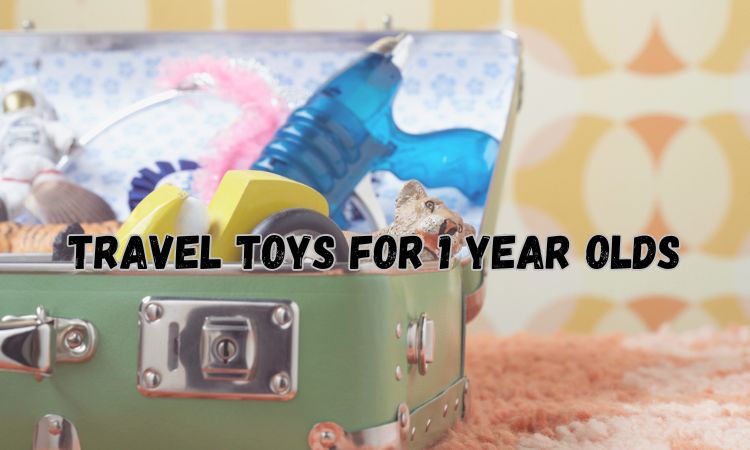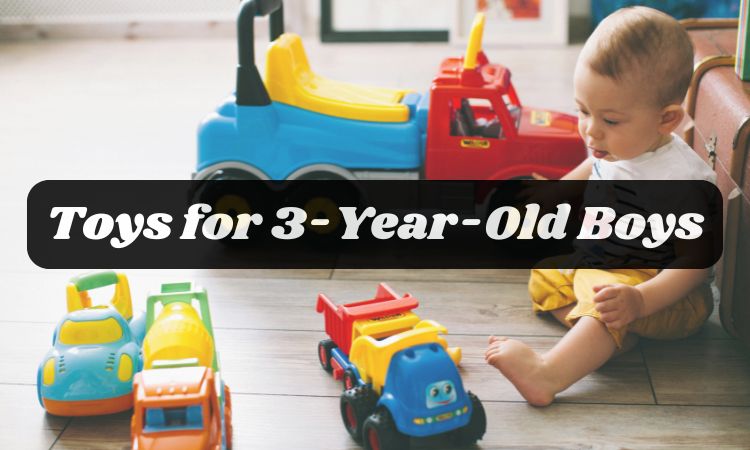Ever watched your newborn sleep and wondered what’s going on in their little head? Maybe you’ve caught them smiling in their sleep or twitching a tiny hand and thought, Are they dreaming? It’s a question almost every new parent asks at some point: do newborns dream?
While it’s easy to imagine them drifting off into a world of cuddly teddy bears and lullabies, the truth is a bit more complex—and honestly, pretty fascinating. In this guide, we’ll walk through what we actually know about newborn sleep, when babies start to dream, and whether those adorable sleepy movements mean anything more.

Do Newborns Dream?
You’ve probably watched your baby’s eyelids flutter, seen a smile flash across their face, and wondered, “do newborns dream?” The short answer is maybe—but not in the way you dream. Because babies can’t tell us what’s going on behind those tiny lids, scientists look for clues in their sleep patterns and brain activity.
Newborns spend a lot of time in a sleep stage called REM (Rapid Eye Movement) sleep, which is the same stage where dreaming happens for older kids and us adults. In fact, during the first few weeks, babies can spend up to 50% of their sleep in REM, compared to around 20–25% for adults. That heavy dose of REM hints that something brain-busy is happening while your little one dozes.
But here’s the catch: dreaming, as we know it, relies on memory, language, and imagination—skills a newborn is only beginning to build.
Because a newborn’s cortex is still under construction, many experts think their “dreams” look less like story-book adventures and more like brief bursts of sensory information (a flash of light, the muffled sound of your voice, the feel of being held). In other words, your baby’s brain may be rehearsing what it just learned while awake, rather than spinning full plots.
Those cute mid-nap twitches? They’re not firm proof of dreaming. Some researchers—like neuroscientist Mark Blumberg—suggest these movements help wire the nervous system, teaching the brain how the body works before the baby is even fully conscious of it. Think of it as in-sleep practice, laying down the blueprint for future crawling and grasping.
When Does a Baby Start to Dream?
If newborns might not be dreaming quite like we do, then when do babies actually start to dream? The answer isn’t crystal clear, but experts believe that as a baby’s brain matures, their dreams gradually become more structured and complex—just like their waking experiences.
As we’ve learned, babies are born with a surprising amount of REM sleep, the stage most linked to dreaming. In fact, infants spend up to 16 hours a day asleep, and nearly half of that is REM. This high volume of REM sleep hints that their brains are already doing a lot of behind-the-scenes work—processing new sights, sounds, and feelings.
True dreaming, the kind that tells a story or features recognizable people and places, needs more than just REM—it depends on memory and imagination. These abilities start to take shape around 6 to 9 months of age, when babies become more aware of their surroundings, begin recognizing people, and show signs of emotional attachment. That’s also when separation anxiety and object permanence kick in, both of which suggest a more developed inner world.
Language is the game-changer. Around a child’s second birthday, vocabulary and autobiographical memory catch up enough that they can start telling you snippets of what they “saw” while sleeping—usually simple scenes with familiar people or pets.
Simply put:
- Before birth to six months: Expect lots of twitching, eye flutters, and sleep smiles—signs of REM and brain wiring, not necessarily vivid dreams.
- Six months to two years: The brain is stacking memories, so dream content is probably getting richer even though your child can’t report it.
- After two years: Story-like dreams and the occasional bad dream emerge—and you’ll finally hear about them at breakfast.
What Do Babies Dream About?
If babies do dream, what’s going on in their minds is still unknown, since they can’t describe what they experience. But based on what researchers understand about brain development and sleep, most experts believe babies gradually transition from fragmented, sensory-based brain activity to something more dreamlike as their cognitive and emotional skills evolve.
To give you a clearer idea:
What do newborns dream about? (Birth – 6 months)
For newborns, these “dreams” may just be simple sensations, like the sound of your voice, the rhythm of your heartbeat, or the warmth of being held. It’s less of a storyline and more like a slideshow of soft, comforting moments.
Their brain is wiring basic sensory pathways and muscle maps during REM.
What do babies from 6 months to 2 years dream about?
As your baby grows and their brain develops, especially after the six-month mark, dreams may start to include clearer images—like your face, a favorite toy, or the gentle motion of being rocked. Still, they probably aren’t dreaming in a way they could remember or describe.
What do toddlers dream about? (After 2 years)
By the time your child reaches toddlerhood—around two years old—they begin developing the memory and language skills needed to talk about what they’ve seen in their sleep. That’s when simple dream stories might start showing up, often featuring familiar people, pets, or everyday routines.
You might start hearing about these:
- “I ride big bus with Dada.”
- “Baby doll sleep in my bed.”
- “I go zoo with Nana and see lion.”
- “We eat pancakes at Grandma’s house.”
- “Kitty jump on my blanket.”
- “Rain come and I wear boots!”
- “I fly like bird in the sky!”
- “I go zoom on my truck!”
Do Babies Have Nightmares?
It’s 2 a.m. and you hear a sudden wail from the crib. Your first thought might be, “Was that a bad dream?” and “Do newborns have nightmares?” The short answer is no, at least not in the way older kids or us adults do.
Nightmares require a certain level of imagination, memory, and emotional awareness that babies simply haven’t developed yet. Most experts agree that true nightmares don’t start until around age three or four, when kids are able to string together events and feelings into dream scenarios—and wake up scared by them.
So, if your baby is suddenly fussing or crying during sleep, it’s far more likely due to a need —a wet diaper, hunger, being overtired—or just a natural part of transitioning between sleep cycles.
That said, some toddlers may begin to experience night terrors a bit earlier, occasionally starting around 18 months, according to the Pediatric Sleep Council. But even these episodes, which involve sudden crying or thrashing during deep sleep, aren’t the same as nightmares. Your little one might look distressed, but they’re usually not fully awake and won’t remember it in the morning.
Nightmares vs. Night Terrors
To help you better understand what’s behind your child’s nighttime crying or restlessness:
|
Feature |
Infant Sleep Disturbances |
Night Terrors |
Nightmares |
|
Typical age |
Birth to 12 months |
Occasionally from 18 months, more common after 3 years |
Start around 3–4 years |
|
Sleep stage |
Light and deep sleep transitions |
Deep non-REM sleep |
REM (light sleep) |
|
Child’s state |
May cry, fuss, stir, or wake frequently; alert and soothed easily |
Appears awake but is not responsive; cries, thrashes, doesn’t remember it later |
Wakes fully, often scared, seeks comfort, may describe dream |
|
Likely cause |
Hunger, discomfort (diaper, temperature), teething, sleep regression, overtiredness |
Nervous system immaturity, stress, overtiredness, or fever |
Fear-based dream stories involving imagination and memory |
As you see, the answer to “Do newborns have bad dreams?” is no. Nightmares are more common in older toddlers who can express fear and recall dream content. Infants, on the other hand, simply aren’t developmentally ready for that kind of experience.
How to Handle Middle-of-the-Night Cries in Infants
If your newborn cries out in their sleep, here are some gentle ways to respond:
- Rule out basics first – hunger, a wet diaper, temperature, or teething discomfort.
- Soothe with soft cues – Dim lighting, gentle shushing, soft touch or rocking, or a familiar lullaby can help ease your baby back to sleep.
- Stick to a predictable bedtime routine – A calm, consistent wind-down before bed helps your baby recognize when it’s time to sleep and makes wake-ups easier to manage.
If you’re looking for extra support at bedtime, a comforting tool like the Alilo baby music player can make a big difference. Preloaded with 76 rich audio tracks, including classic nursery rhymes, bedtime stories, lullabies, and white noise, it’s designed to create a peaceful sleep environment. You can even record your own voice, so your baby feels close to you even when you’re not right there.
Its soft, color-changing bunny ears work as a gentle nightlight, while the easy-to-press buttons and bunny tail volume control support your baby’s fine motor skills. With USB-C charging, Bluetooth compatibility, and a 6-hour runtime, it’s also perfect for naps on the go.

Conclusion
So, do newborns dream? Based on what we know today, there’s no clear yes or no. While newborns spend a significant amount of time in REM sleep—the stage where dreaming occurs in adults—their brains may not yet be developed enough to create dreams as we understand them.
Some researchers suggest that if babies do dream, those dreams are likely limited to early sensory experiences, not complex images or stories. Others believe true dreaming starts later, once memory, language, and imagination develop.
In the end, science is still exploring this fascinating question. For now, it’s safe to say that while your newborn’s sleep is full of activity, it’s probably more about brain development than dreams or nightmares.
FAQs
Do newborns dream or have nightmares?
Newborns likely experience dream-like brain activity during REM sleep, but not full dreams or nightmares like older children or us adults do. Their memory, imagination, and emotional awareness are still developing, so what happens during sleep is more about processing sensations and growing than storytelling or fear.
What do newborn babies think about?
Newborn thoughts are likely very simple and sensory-based. Their brains are focused on early development, so their internal experiences may include things like warmth, hunger, smells, or familiar sounds and touches—not complex ideas or emotions.
What dreams do newborns see?
If newborns dream at all, researchers suggest those dreams would be rooted in early sensory memory—such as soft flashes of light, warmth, sounds, or the comforting feeling of being held. These would not be structured images or story-like dreams that older children can describe.







Share and get 5% off!
Simply share this product on one of the following social networks and you will unlock 15% off!